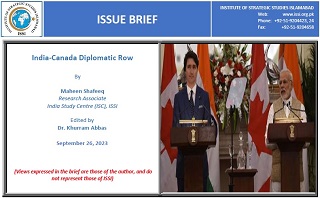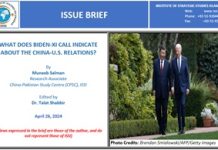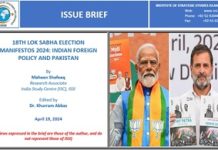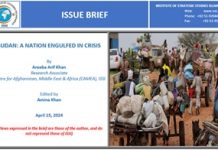Introduction
In his recent speech at the Canadian Parliament, Canadian Prime Minister Justin Trudeau accused the Indian government of conducting terrorist acts on its soil, violating its sovereignty. PM Trudeau disclosed that “over the past few weeks, Canadian security agencies have been actively pursuing credible allegations of a potential link between agents of the government of India and the killing of a Canadian citizen Hardeep Singh Nijjar.” He vowed “to hold the perpetrators of this murder to account.”[1] The release of these accusations was immediately followed by the expelling of senior Indian diplomat Pavan Kumar Rai from the Indian High Commission in Ottawa.[2] These events triggered a spat between India and Canada. PM Trudeau stated, “any involvement of a foreign government in the killing of a Canadian citizen on Canadian soil is an unacceptable violation of Canada’s sovereignty. It is contrary to the fundamental rules by which free, open, and democratic societies conduct themselves.”[3]
Tensions between Ottawa and New Delhi turned confrontational when India gave a tit-for-tat response by expelling the top Canadian diplomat and rejecting the allegations altogether.[1] The Indian Ministry of External Affairs released a statement that forcefully countered the statement by the Canadian PM and Foreign Minister.[2] The statement termed Canada’s allegations as ‘absurd’ and ‘motivated,’ and instead accused the Canadian government of providing shelter to ‘Khalistani terrorists and extremists.’ After the sharp escalation of the matter by the Indian government, PM Trudeau again gave a statement that reiterated his earlier stance. He said that Indian agents’ involvement in killing of a Canadian citizen on Canadian soil “was something of the utmost and foundational importance in a rule of law country. We call upon the government of India to engage with us to move forward on getting to the truth of this matter.”[3]















